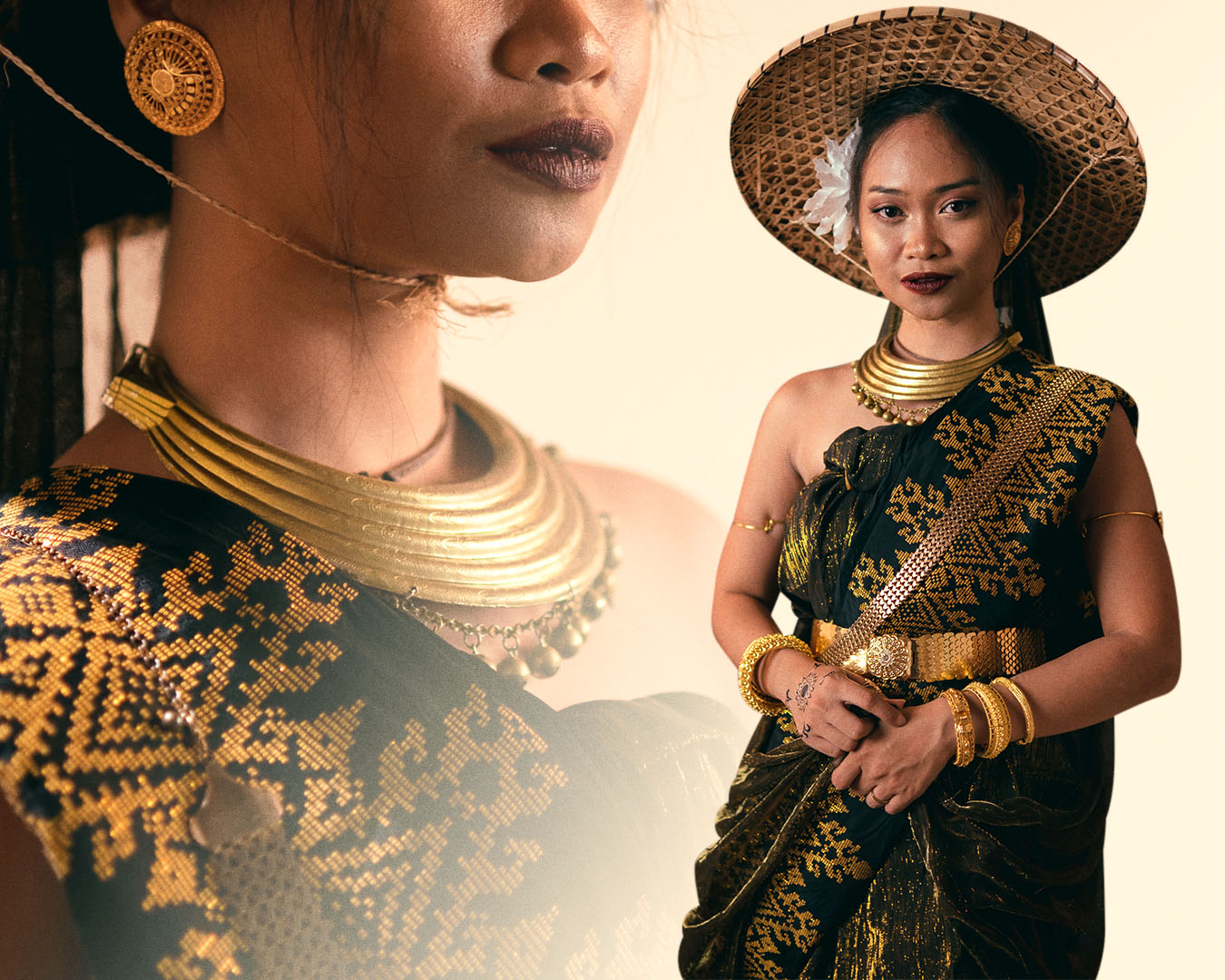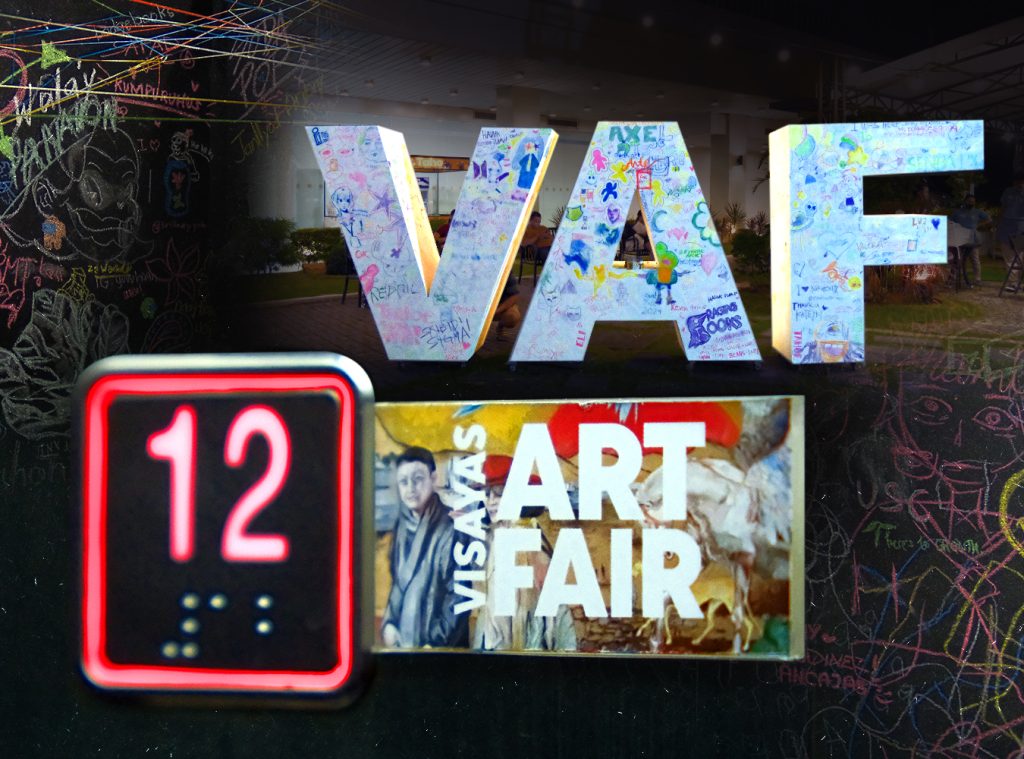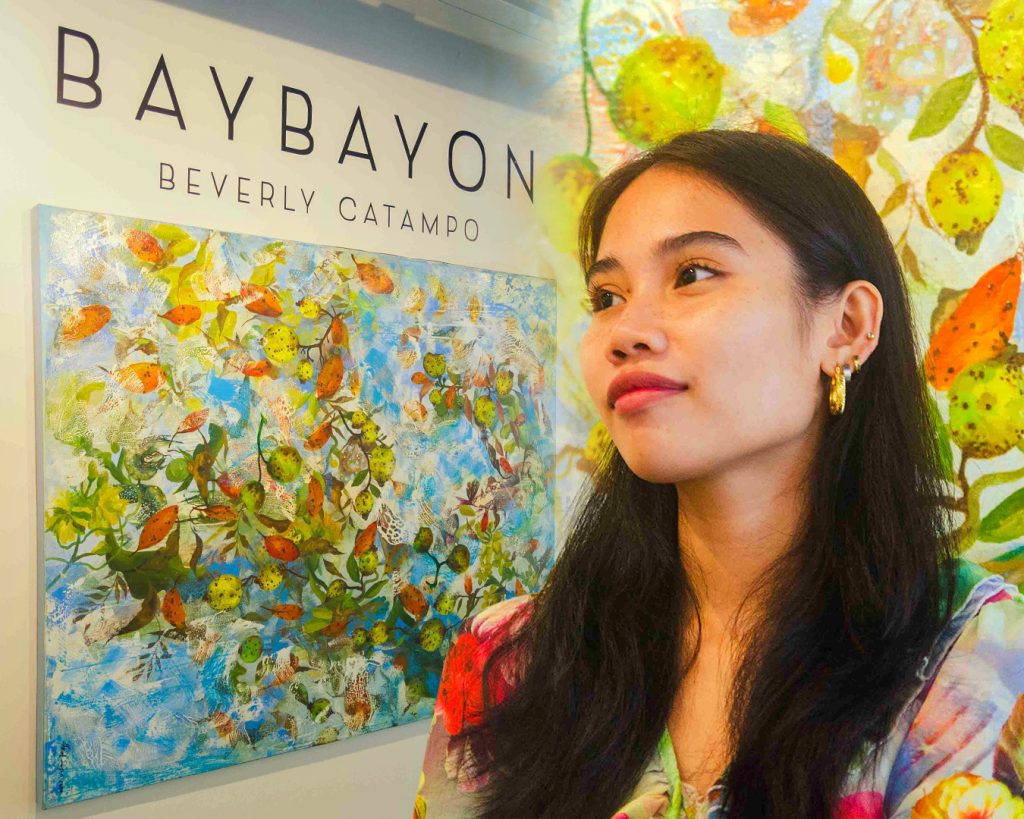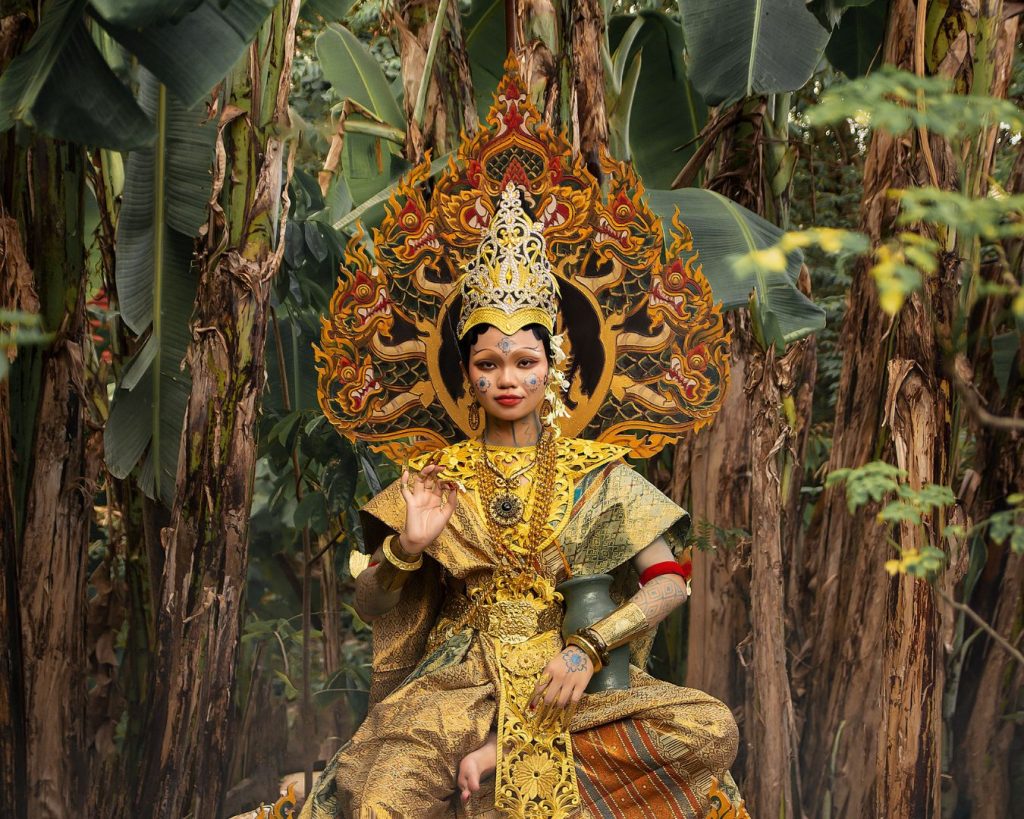How well do you know your Filipino history? You might be well-versed in our history from the Spanish colonization and beyond given that these are well-detailed in textbooks. However, do you know anything about who we were before the Spanish, American, and Japanese came to influence us?
The misinformation and distortion of Philippine pre-colonial history is so prevalent that some of these are considered facts by Filipinos. You might even be a victim of all this misinformation without knowing!
Are you one to believe that Lapulapu was Muslim? Or perhaps you believe that we were so primitive and uncivilized that we wore nothing but leaves and had no records of our history before being colonized by the Westerners. If you do, you are unfortunately wrong.
However, this is nothing to be ashamed of. Karakoa Productions aims to educate fellow Filipinos specifically Visayans on our rich and colorful pre-colonial history. Their research-based and visual approach to learning aims to make our pre-colonial history easy to digest and visualize for the average Filipino— bringing us closer to our roots and helping us see how the aspects of our pre-colonial culture still affect us in the present.
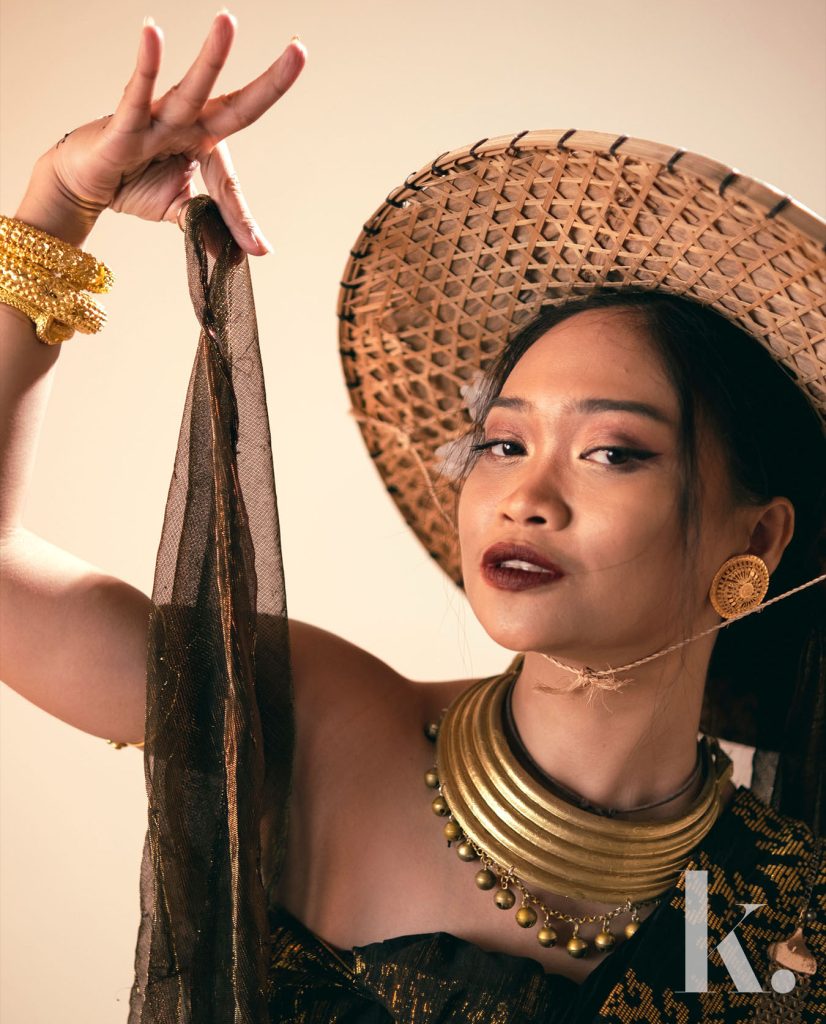
The Origins of Karakoa
The name “Karakoa” might sound foreign but it is actually what we used to call large outrigger warships from the Philippines. These were notably used by Kapampangans and Visayans during sea raids even before the Spanish arrived.
Karakoa Productions started in 2018 as a cultural performance group. They were known for their historical performances and reenactments in local Museums, events, and productions. They would often showcase the pre-colonial Filipino culture including the livelihoods of the people at the time, their kings and queens, their struggles, and the people they would interact with.
They noticed that the pre-colonial Filipino culture portrayed in media is often inaccurate or based on fan recreations. Given their background in education and research, they decided to portray a more authentic experience.
While there aren’t as many records written by our ancestors left due to colonization, there are still first-hand accounts from the Spanish, the Chinese, and our Southeast Asian neighbors who have interacted with our people at the time. They have detailed records of what they saw we did, how our people looked like, what they wore, and even what tattoos they had.
However, when the pandemic came, a lot of their projects got canceled. They decided to focus their energy on their Facebook page uploading their previous shoots and sharing educational content to an online audience instead of performing live.
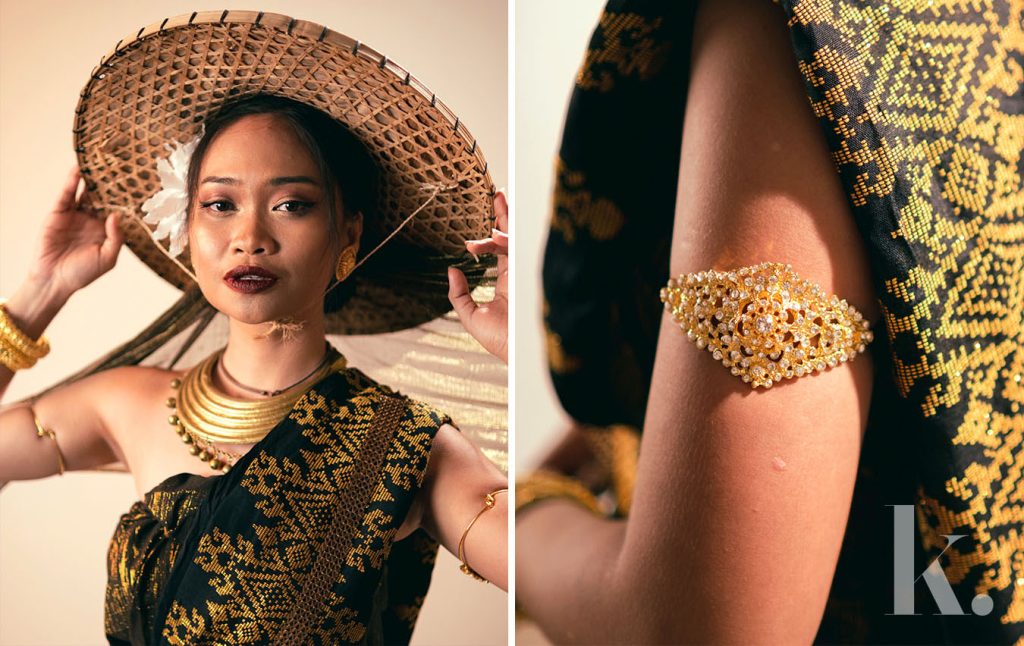
They would share tidbits of the pre-colonial Visayan culture such as their “Word for the Day” posts which featured old Cebuano words that are now considered obsolete. They would also showcase their craft through pictures and videos of pre-colonial Visayan clothes, swords, and tattoos. This content was enjoyed by many Filipinos who were also interested in getting to know their roots. Now Karakoa Productions has over 17,000 followers and is still growing with their regular webinars and live events.
The Challenges Of Establishing The Group
Like any starting venture, Karakoa Productions faced several challenges along the way. Given that pre-colonial Visayan culture is such a specific niche, it is easy to believe that anyone with the same interest would have a common goal of educating others. However, such is not the case and people often have ill motives. Some of these people turned out to be scammers and predators who preyed on the group’s younger members.
They also have the challenge of being a fairly new group with a niche not well-known to the average person. This often leads them to people and organizers who exploit them by treating them like mascots or expecting things to be free or cheap as it is locally made.
“Dili sad raba lalim ang among gibuhat kay mag research mi, magpalit mig mga panapton, ang uban ani hand-woven and they cost thousands of pesos, mga accessories nga gisundog gyud sa mga museum, it’s very intricate.” – Minxie Villaver, Karakoa Productions.
Combatting Historical Distortion
While it may seem easier to spread information and advocacies online, there is also the challenge of having to deal with misinformed and hateful comments.
Some of the common comments Karakoa Productions gets include “di man na tinuod kay si Lapulapu Muslim man” or “nag-hubo raman ta sauna kay uncivilized man ta.”
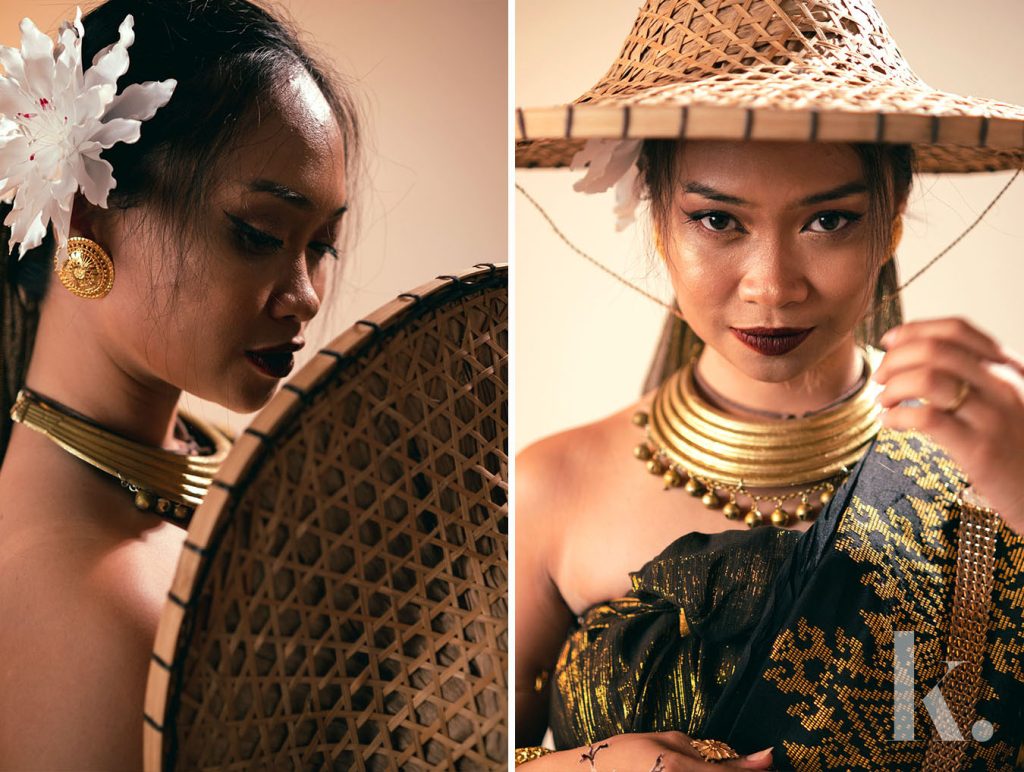
This stems from historical distortion online through blogs that publish misinformation without references. This is also largely because of Filipino self-hatred brought about by colonization. We were made to believe the narrative of our colonizers into thinking they made us better and more civilized people.
“Maka-realize ka ba nga ingon ani diay ka seryoso ang lack of education sa Pilipinas about our history, about our tradition.” —Minxie Villaver, Karakoa Productions
However, Karakoa Productions considers this as a minor challenge as we have resources and first-hand records to debunk and disprove these beliefs. To set the record straight, Lapulapu and the Visayans at the time were believed to be animists. Not to be confused with pagans who worshipped multiple gods, animists believed in the anito, the soul of our ancestors, and spirits of nature or “di ingon nato.”
There are sources and claims that Lapulapu may be Hindu Buddhist as there were artifacts of Hindu Ganesha found in Mactan, Cebu. These are different from our Southeast Asian neighbors and are believed to be locally made.
Making An Impact on the Community
To Minxie and the rest of Karakoa Productions, their work is not just about garnering attention online. They believe that educating our fellow Filipinos on our pre-colonial history can make a difference in our nation. After all, we are still plagued by colonialist beliefs even today. They cite the negative habits of our government as an example. The marginalization of minorities and the discrimination of people with different beliefs can be traced back to the colonial mindset.
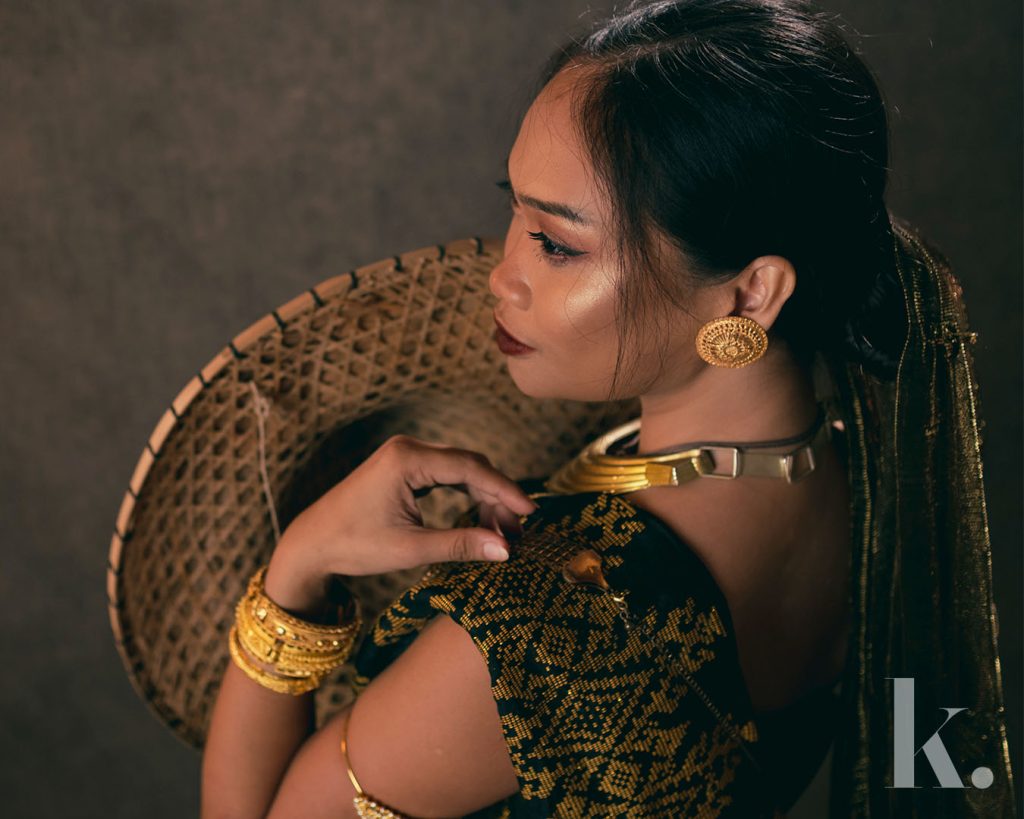
Sa panahon nga wa pa ta nasakop we were very respectful towards other cultures – towards other kingdoms, towards other groups. Naay colorism pero walay racism because we frequently interacted with different nations. We were very diplomatic.” —Minxie Villaver, Karakoa Productions
Other than striving for a better appreciation of our own culture, they also aim to help the communities who preserve our traditions— the weavers, traditional hat makers, fisherfolk, and local artisans.
Inspiring The New Filipino Generations
Karakoa Productions believes that the key to preserving the knowledge of our history is to reach out and teach our youth. After all, they will also grow up as the next generation of Filipinos and then it would be their task to teach the generation after them.
Teaching with the outdated methods of the past may not work with the generations of the future. This is why they try to adjust to the trends and interests of the younger audiences through short videos on TikTok.
“Ride the trends, educate as many young people as you can. Make it digestible to the young people and not just to the adults. The easier it is to understand, the more people you can reach out to.” —Minxie Villaver, Karakoa Productions
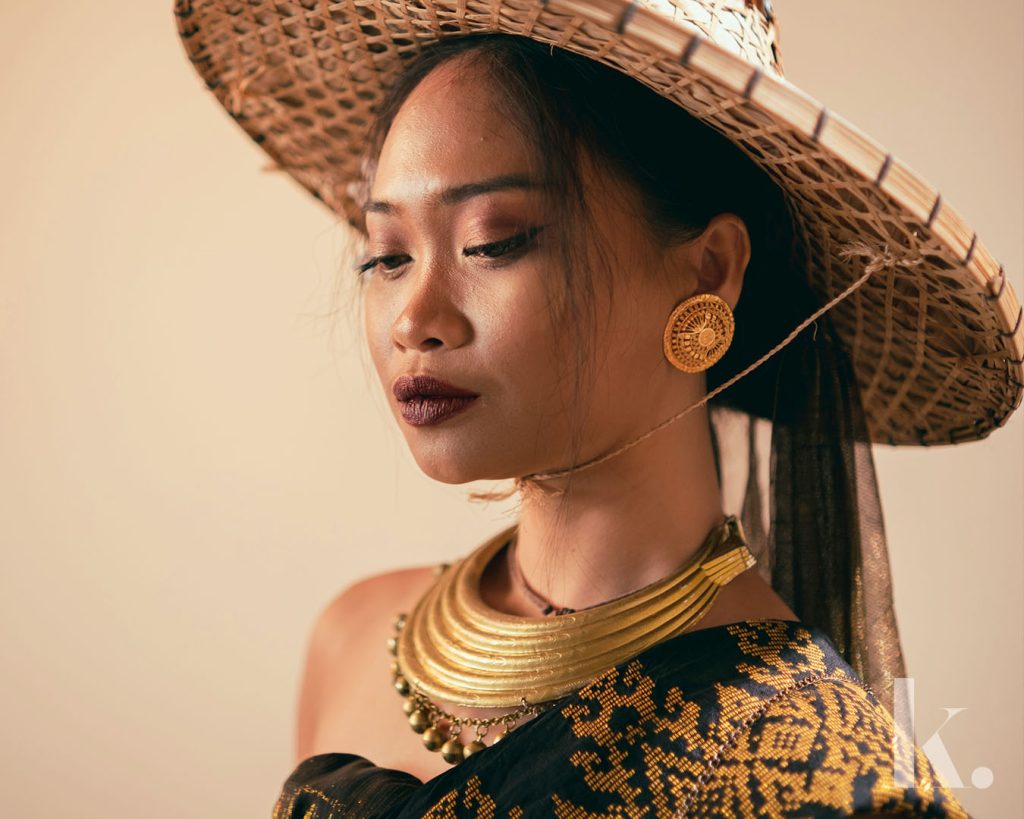
Other than these videos they are also working with partners to conduct story-telling with children, teaching kindergarten to graduate school students, creating coloring books, and even a video game in the works to make our precolonial culture more accessible.
“Make an impact. Research well. Do not contribute to misinformation or historical distortion. Against kaayo tag historical distortion sa atong recent history pero mudawat lang ta ug historical distortion sa atong ancestors? It’s very polarized. Fight for what’s right.” – Minxie Villaver, Karakoa Productions
Take Pride and Take Part in Our Culture
Want to learn more about our precolonial Visayan culture? You can check out their content at Karakoa Productions on Facebook. They have webinars, workshops, and events you can join such as webinars on pre-colonial Visayan fashion, weapon-making workshops, and costume competitions.
Minxie Villaver is also connected with Baba Bisaya. It is an international language learning group where you can learn Visayan languages such as Hiligaynon, Sugbuanon, Waray-Waray, or even Badlit or the native Visayan script.
Photography Kyrra Kho | Location Nest Workspaces


